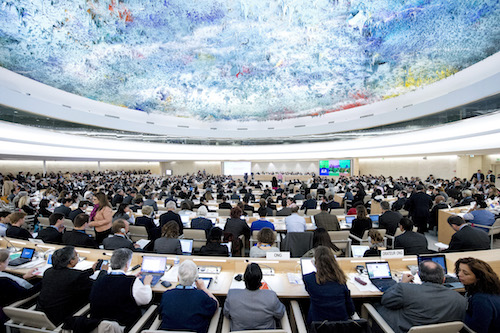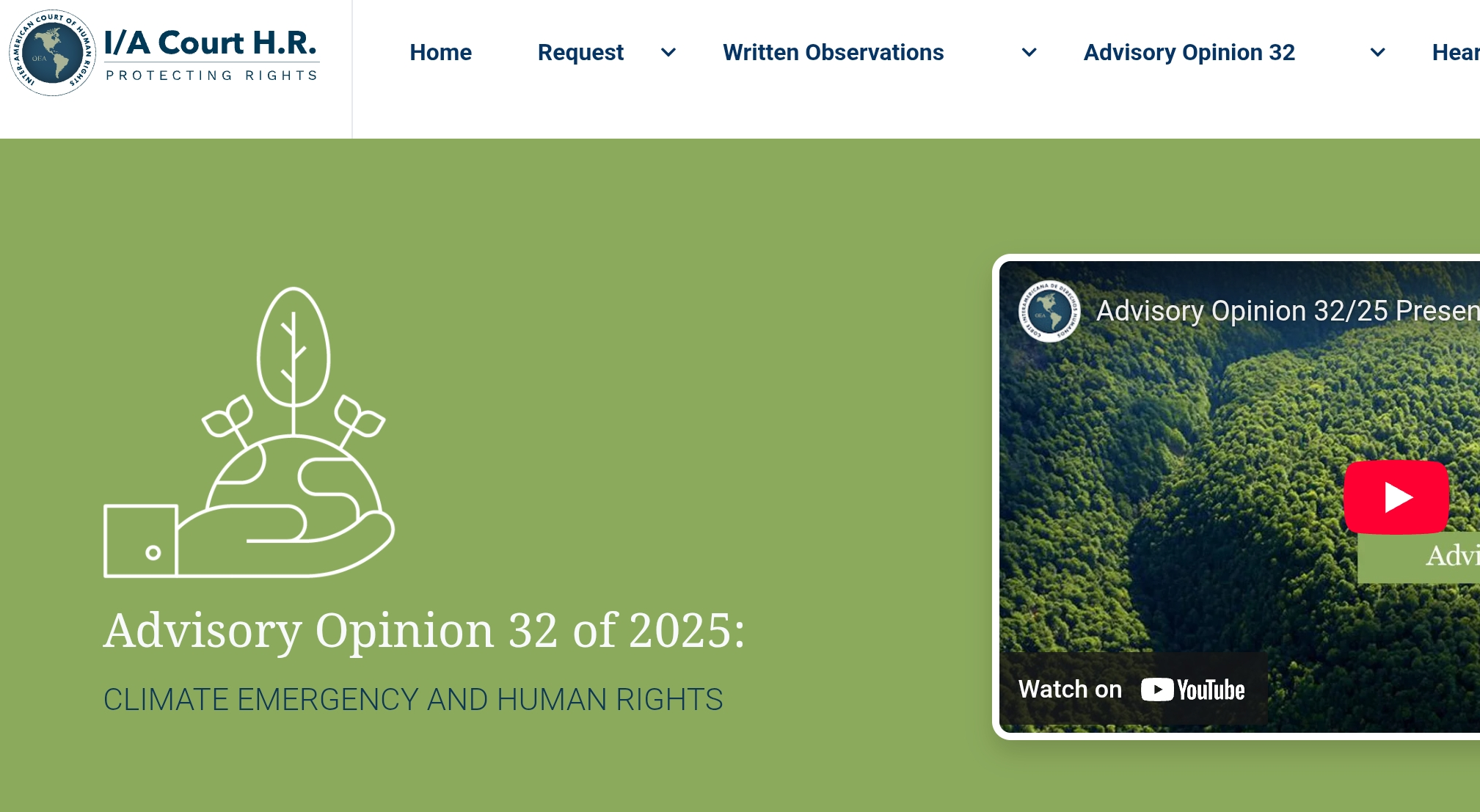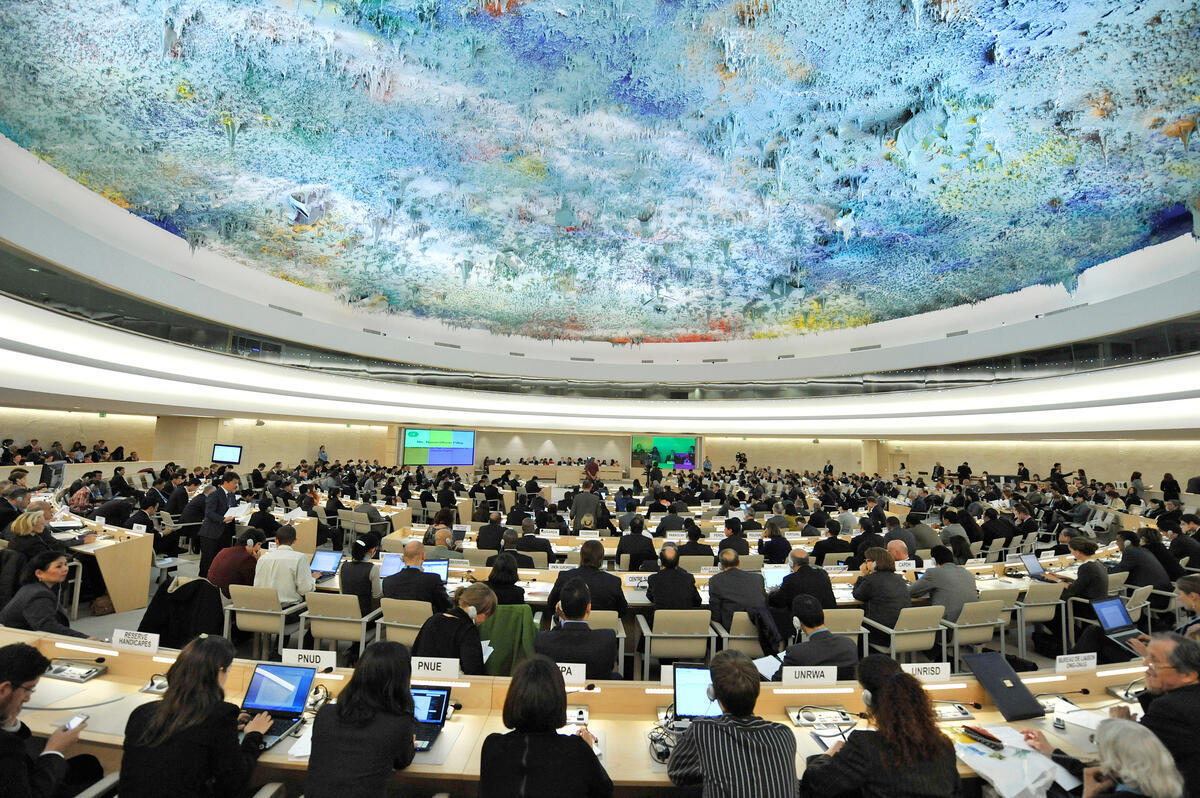In a new report released today, Amnesty International, the International Service for Human Rights (ISHR) and Human Rights Watch, together with HRC-net, highlight measures to strengthen the credibility and legitimacy of the UN Human Rights Council’s membership. It was compiled on the basis of a one-day dialogue bringing together human rights defenders with States, the UN, national, regional and international civil society organisations and National Human Rights Institutions. It provides concrete recommendations on two key and interrelated issues: first, adherence to Council membership standards and second, leveraging States’ membership of the Council for positive change on human rights at national level.
‘For the Council to be effective, credible and relevant to the human rights movement, it needs members committed to the promotion and protection of human rights at home and abroad,’ said ISHR’s Human Rights Advocate Salma El Hosseiny.
The Council’s founding document (GA resolution 60/251) demands that States should be elected to the Council based on the level of their respect for human rights, and their voluntary pledges and commitments. Of course, no State has a perfect human rights record. A wide and diverse range of States should address their shortcomings and enhance their commitment to human rights by engaging with the Council .
For those candidates that are not in flagrant breach of these membership criteria, Council membership may be an incentive for national-level change, particularly where States, as candidates, make voluntary pledges and commitments, and are willing and able to implement them.
‘Council Membership should be considered a test, not a reward, of a country’s human rights policy and practice,’ said Hilary Power, Amnesty International’s Senior Advocate to the United Nations.
‘Council members should be held to higher standards during their terms, in line with the expectations clearly set out in GA resolution 60/251, including on the implementation of any voluntary pledges they may have made in support of their election.’
States should encourage competitive Council elections with candidates willing to cooperate with the Council and adhere to its membership criteria. All UN Member States must refrain from voting for any State credibly accused of committing gross and systematic violations of human rights, or flagrantly refusing to cooperate with the Council and its mechanisms.
ISHR has published scorecards for candidates running for Council elections in 2019. They offer a quick ‘at-a-glance’ information on candidates’ human rights records, which can be used to inform voting.
ISHR and Amnesty International are organising two #HRCpledging events on 6 September in New York and 11 September in Geneva. These events provide a platform for all candidate States to present their vision for Council membership, for national civil society to interrogate their government’s commitment to using Council membership to boost human rights performance, and for the media to highlight opportunities and challenges in the likely Council membership for the coming year.
Read the full report here.
Photo: UN Photo-Jean-Marc Ferré




